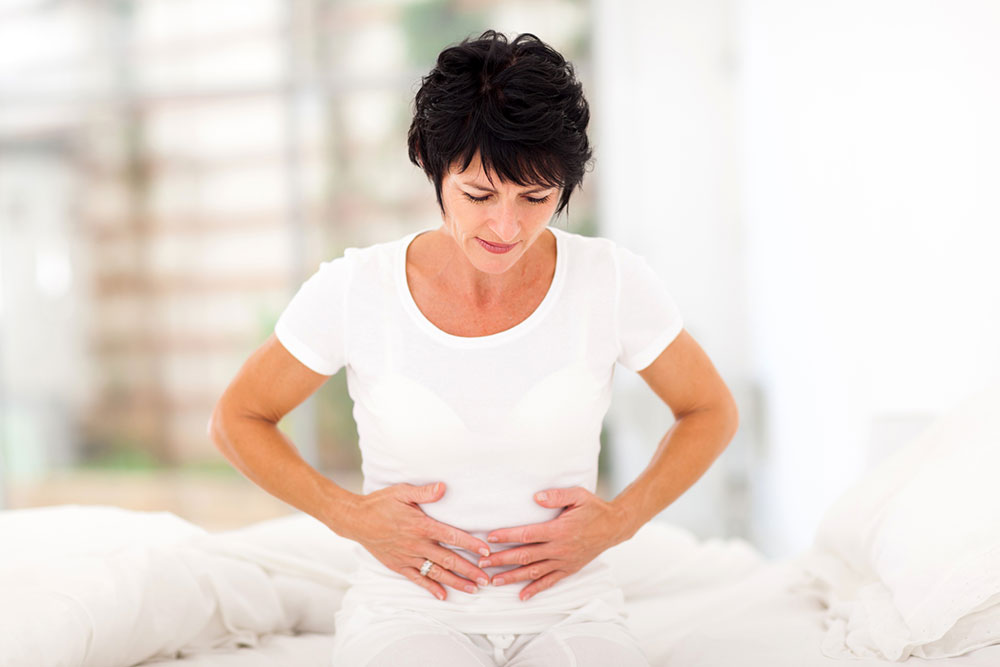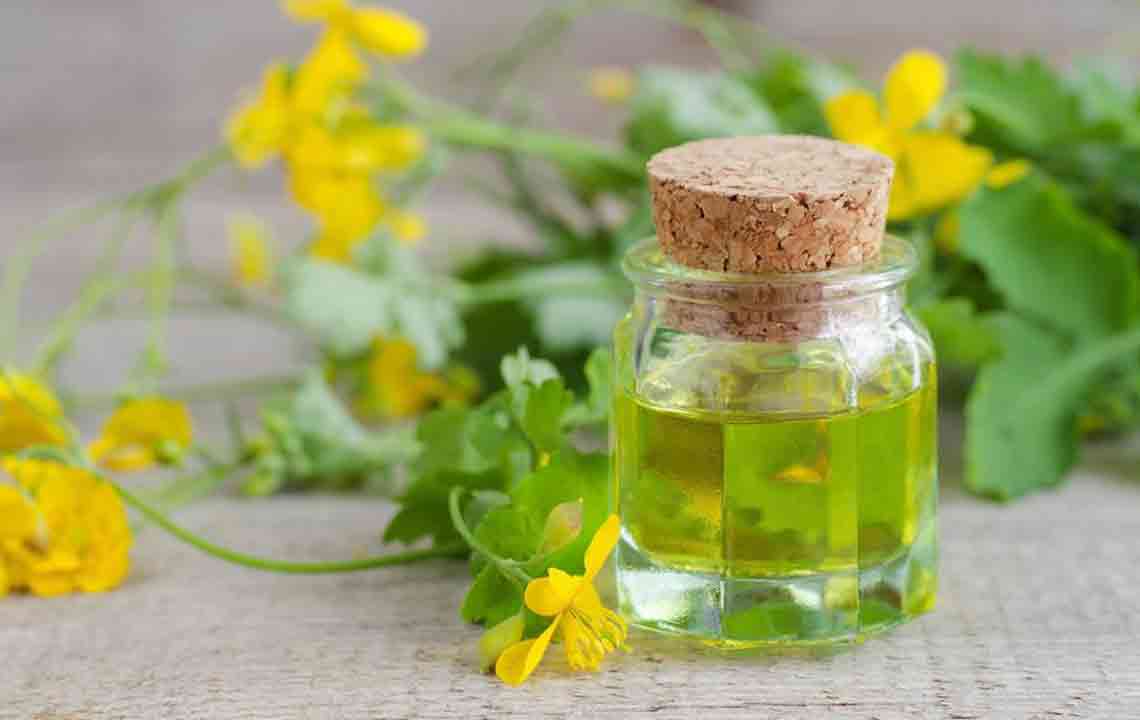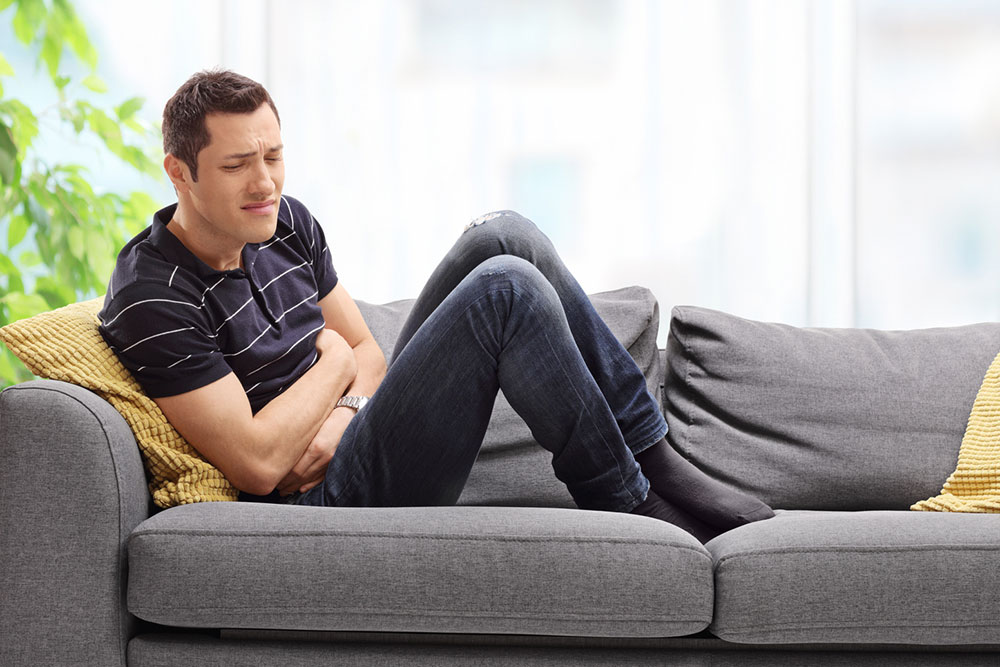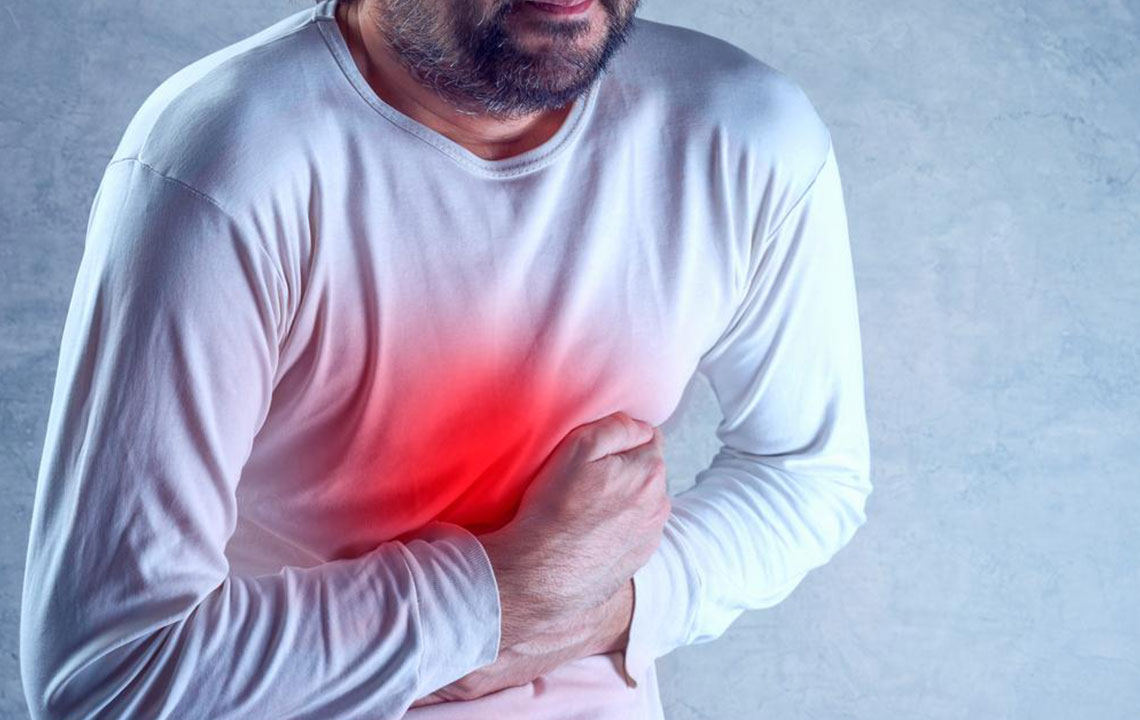Proven Methods for Treating External Hemorrhoids Effectively
Learn effective strategies for managing external hemorrhoids, including dietary adjustments, topical remedies, and medical treatments. This guide offers practical advice to alleviate pain, reduce swelling, and prevent recurrence, ensuring relief and improved comfort. Consult a healthcare professional for persistent symptoms or severe cases.

Proven Methods for Treating External Hemorrhoids Effectively
External hemorrhoids, located outside the anal canal, often lead to symptoms such as bleeding, itching, and discomfort. They form when veins around the anus become swollen and inflamed due to increased pressure in the lower rectum. Common causes include prolonged sitting on the toilet, obesity, anal sex, low-fiber diet, straining during bowel movements, pregnancy, and poor posture.
Here are some home remedies to ease hemorrhoid symptoms:
Increase Fiber Intake
Eat more fruits, whole grains, and vegetables to soften stool, making bowel movements easier and less painful. Proper hydration and limiting caffeine can further improve symptoms.
Applying pure Aloe Vera gel, harvested directly from leaves, can soothe inflamed hemorrhoids due to its anti-inflammatory properties. Conduct a patch test to check for allergies before use.
Additional treatment options include:
Witch Hazel
Known for its anti-inflammatory effects, witch hazel helps reduce swelling, pain, and itching. Available as liquids or wipes, it provides cooling relief.
Gentle Cleaning
Clean the affected area with warm water or moist towelettes. Avoid alcohol-based or perfumed wipes to prevent irritation.
Cold Therapy
Apply cold packs or ice wrapped in cloth to decrease swelling and soothe discomfort.
Fiber Supplements
Psyllium husk can increase dietary fiber, softening stool and easing bowel movements. Be sure to drink plenty of water and avoid excessive fiber intake to prevent bloating or cramps.
Epsom Salt and Glycerin
Mix two tablespoons each of glycerin and Epsom salts, apply on a gauze, and place on the area for 15-20 minutes. Repeat as needed every 4-6 hours.
Blood Clot Removal
Seek medical care if a clot forms, causing pain. A doctor can perform a quick incision to drain the clot if done within 72 hours.
Laser or Infrared Therapy
Uses targeted light to shrink hemorrhoids by cauterizing blood vessels. There is a higher chance of recurrence with this method.
Sclerotherapy
A chemical injection causes hemorrhoids to harden and shrink over 4-6 weeks. Avoid vigorous activity afterward.
Surgical Removal
Hemorrhoidectomy effectively removes severe or recurring hemorrhoids, though recovery might involve discomfort and temporary urinary issues.
Electrotherapy
Small hemorrhoids can be treated by delivering electric current, causing them to shrink as blood flow diminishes.
While many hemorrhoids respond to home care, persistent or intense pain requires professional medical attention. Always consult a healthcare provider for proper diagnosis and treatment options.


